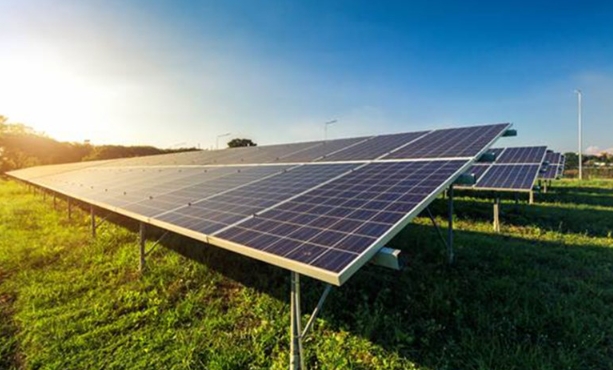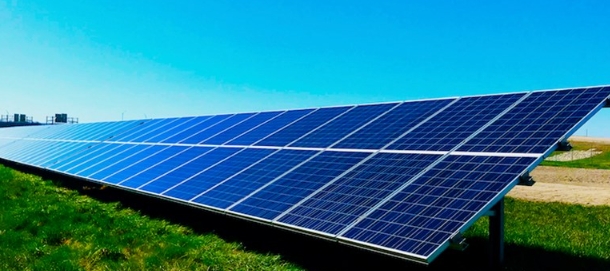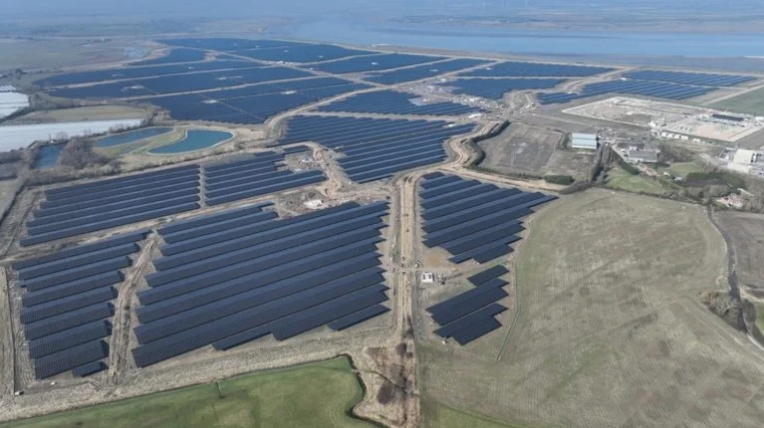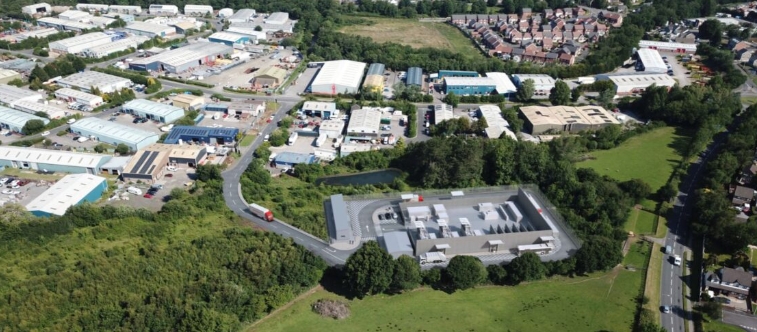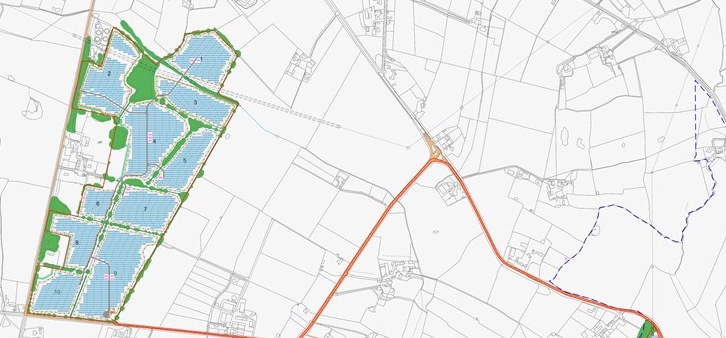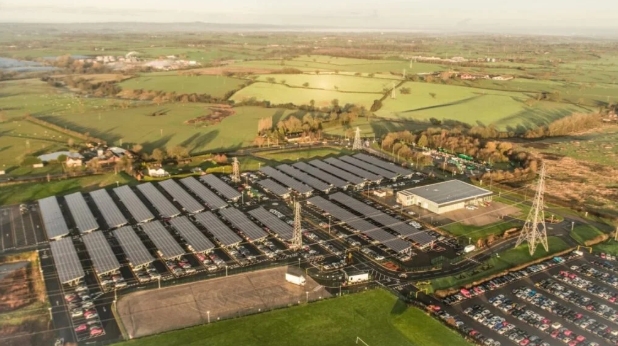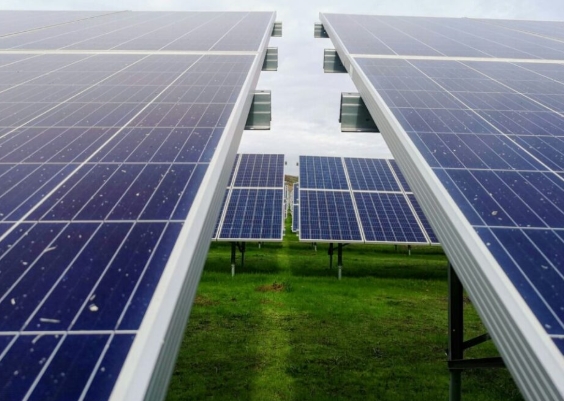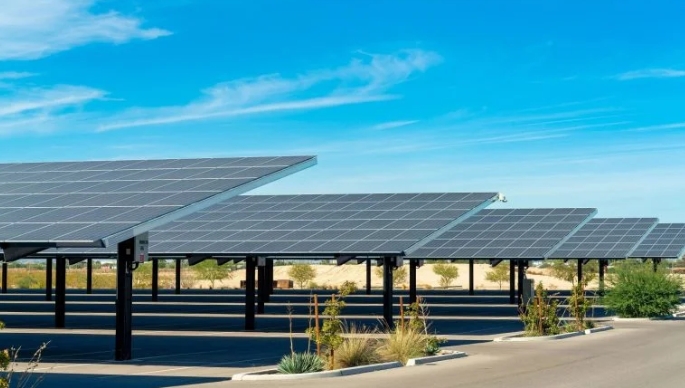
Pivot Energy has signed a five-year framework agreement with Microsoft to develop up to 500 megawatts alternating current (MWac) of community-scale solar energy projects across the US between 2025 and 2029.
The partnership is Pivot’s largest renewable energy credit (REC) agreement and marks a major step in community impact collaborations.
This is Microsoft’s first substantial foray into distributed generation portfolios, aligning with its goal to slash its Scope 3 [the result of activities from assets not owned or controlled by the reporting organisation, but that the organisation indirectly affects in its value chain] emissions by more than half by 2030.
The agreement will facilitate the development of 150 solar projects in 100 communities across 20 states, including Colorado, Maryland, Illinois and Delaware.
Microsoft has committed to purchasing the RECs from these projects for a 20-year term, with initial projects operational before the end of 2024.
The 500MWac capacity is projected to generate one billion kilowatt-hours of electricity annually over two decades, sufficient to power 90,000 homes each year – equivalent to removing 165,000 gas-powered passenger vehicles annually from the roads.
Pivot’s community impact commitment is significantly enhanced through this collaboration, with each solar project incorporating substantial community benefits.
The agreement sets out four key community-centric initiatives, including diversifying subcontractors and partnering with workforce development organisations to train and employ diverse local talent.
It will also be collaborating with the Sustain Our Future Foundation for equitable community initiatives and increasing energy bill savings for low-income community solar project subscribers.
Pivot Energy CEO Tom Hunt stated: “This collaboration between Pivot Energy and Microsoft exemplifies the power and impact that distributed generation can have.
“Pivot Energy is proud of our industry-leading role in developing solar projects that benefit local communities. We are honored to collaborate with Microsoft to provide purpose-driven solar energy”
